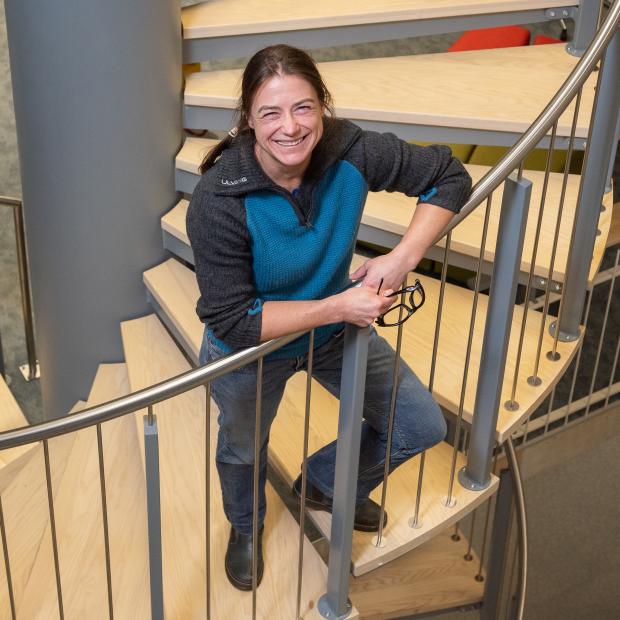Digital Transformation and Lifelong Learning
About
Digital transformation is an ongoing process. It has been studied for a long time with various approaches and concepts, from habits change to recent metamorphoses of enterprises. It underlines the demand to adopt digital technologies in the process, work management and states the need for changing also the work culture. Theoretical, methodological and empirical studies have and are focusing on medium and large organisation’s digital transformation within average sized countries and population densities.
The digital transformation and lifelong learning research team focus on novel approaches that take into account the Estonian particular features, for instance, small size and low density small population as well as in depth research into the attitudes of the small companies, enterprises. Our research team’s current studies present that particularly important is enhancing knowledge transfer and engagement intertwined with dynamic ecosystem building – collaboration occurring across industry sectors and NGO, and academia.
Focus is on processes, competencies and best practices related to lifelong learning, in particular on the aspects of critical thinking, empowerment and self-directed meta-skills. These skills will ensure sustained socio-technical advancement, active citizens and capacity for innovation management in society. The research direction of the digital transformation is interdisciplinary and international and addresses not only the IT dimension but also the social, cultural and value dimension in the development and use of digital solutions in lifelong learning. The digital transformation project aims to go beyond research on digital skill training, organisational culture, process and management change into research of new methods for engagement, empowerment for instance by in context workshops including the cross sectoral ecosystem building.
Research on lifelong learning methods and practices emphases contextual/situational and embodied learning aspects that cover the lifespan but focuses on workplace learning. Strategy being bottom-up approaches but also standardising basic learning mechanisms that can be well-scaled for allowing and supporting knowledge transfer, creativity and critical thinking (for instance collaboration with The University of Helsinki and Jyvaskyla, Roskilde University, Denmark and selected companies).
The methods used are studying different theoretical approaches from (post)-phenomenology and pragmatism to socio-technical systems and design approaches belonging to research-based design such as design thinking in digital transformation, participatory design, co-design, co-creation and co-production, but not limited to these research approaches.

